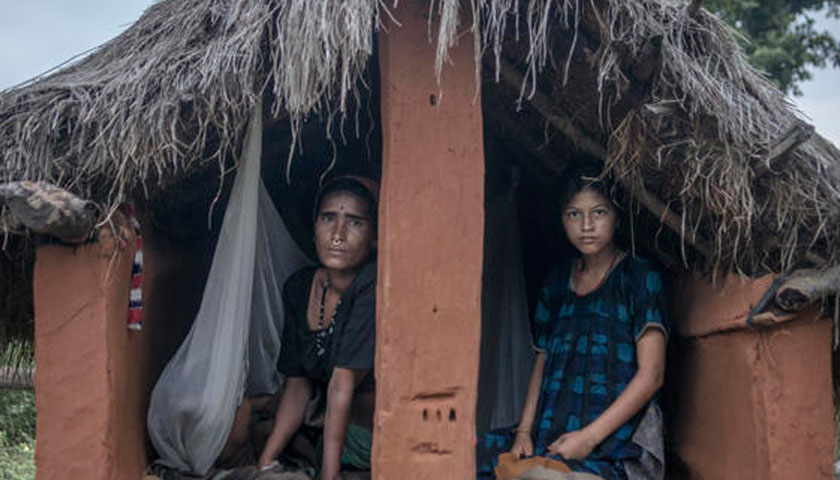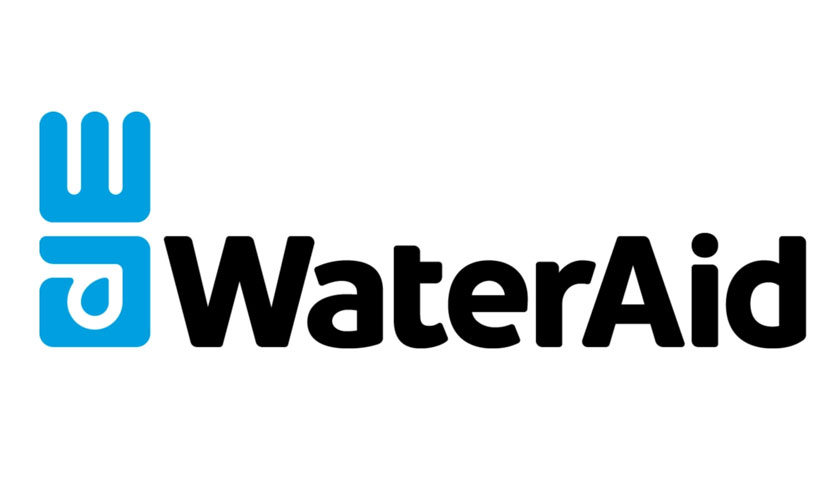News of the death of a woman and her two sons in rural Nepal after she was banished to a small shed during menstruation must serve to strengthen efforts to banish the practice, WaterAid said today.
Media have reported that a 35-year-old mother and her nine- and seven-year-old sons were most likely suffocated by smoke after a blanket they were using for warmth in the frigid cold caught fire in Nepal’s remote western Bajura district.
The practice of chhaupadi, or banishment during menstruation, was outlawed by Nepal’s Supreme Court in 2005 and the country’s parliament enshrined it in law in 2017 with penalties of a three-month prison sentence and fine for anyone enforcing the custom. Yet the practice has continued in remote rural communities. Menstruating women are also often forced to eat separately and not permitted to cook or to touch men or livestock, out of a belief they are impure and may bring about catastrophe.
Every year, girls and women banished to rudimentary huts during menstruation die of suffocation from fires lit to keep warm, from attacks by animals or people, or from exposure to the cold.
The Nepalese government has worked with civil society organisations and NGOs including WaterAid to develop a dignified menstruation policy; WaterAid’s work in the region has included ensuring women and girls have access to water and sanitation facilities to manage their menstruation, as well as hygiene promotion, education and training for girls to become peer educators, and with the wider communities toward ending taboos around menstruation.
Thérèse Mahon, regional programme manager for South Asia at WaterAid who has conducted extensive research into menstrual customs and practices, said:
“More than a decade after this practice was made illegal, women and children are still dying of suffocation, hypothermia, or attack, simply because of the taboos that persist around menstruation. WaterAid has worked with governments, other organisations and with communities to bring an end to this practice. This latest unnecessary and tragic death only strengthens our resolve that further, urgent action is needed. Women have the right to manage their periods in a hygienic and dignified way without fear of stigma or exclusion; it is crucial to women’s rights, wellbeing and gender equality.”

